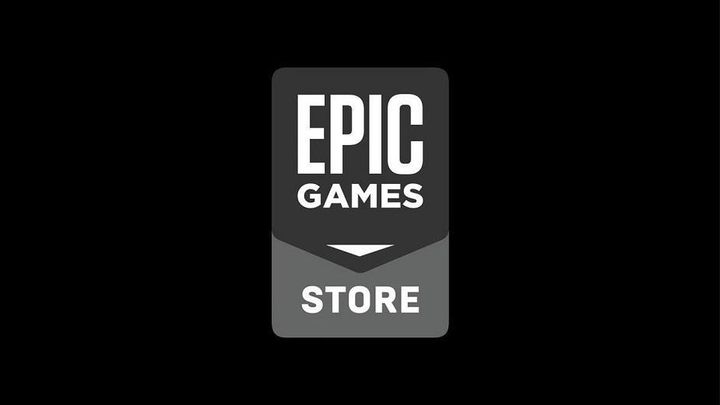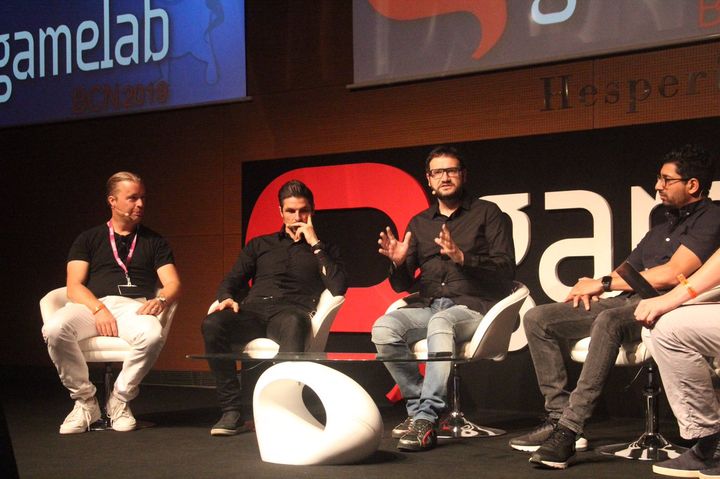Paradox Interactive: Traditional Video Game Profit Share is Scandalous
Fredrick Wester, CEO of Paradox Interactive, believes that the traditional 70/30 distribution of profits between developers and owners of digital distribution platforms is scandalous and outdated. He believes that Epic Games Store is having a very positive impact on the industry. This opinion was shared by several other devs.

IN A NUTSHELL:
- Fredrick Wester considers the profit sharing between developers and distribution platforms to be outdated and scandalous;
- Dan da Rocha argued that EGS is very helpful to developers;
- According to Raul Rubio, Steam is not as attractive today as it used to be.
During a panel held last week at the Gamelab conference in Barcelona, the CEO of Paradox Interactive discussed the issue of profit distribution between developers, publishers and distribution platforms. The background to the conversation was the Epic Games Store and its impact on the industry. According to Fredrick Wester, the old proportions - 70% for creators, 30% for the shop - are scandalous.
A harmful relic from the 1970s.
I think that the distribution of profit in a 70/30 ratio is scandalous. I think that the owners of digital platforms are taking too much money. To all the press here, you can quote me on this," said Fredrick Wester.
The CEO of Paradox Interactive believes that the proportions in question were legitimate in the past when games appeared exclusively on physical media. The model shaped in the 1970s by Warner Bros. today is a relic of old times. Fredrick Wester is grateful that the creators of Epic Games Store have had the courage to challenge the status quo.
It was physical distribution. It cost a lot of money. What we have now costs nothing. So Epic did a great job for the whole industry because now you get 88%. Fantastic move. Thank you very much," we read on.
The opinion of Fredrick Wester was also shared by another member of the panel - Dan da Rocha, the creator of QUBE.
This (88/12 ratio) is a blessing for us. It's a huge benefit. In some cases, for a small studio, the 30% taken by the distribution platform is greater than the profit. This is crazy, isn't it? So this is a huge encouragement to some of us," he said.
Steam today

Raul Rubio, co-founder of Tequila Works, also offered an interesting point of view. He believes that even regardless of the competition, Steam is not as attractive for developers as it was a few years ago. All because the number of games released on Valve's platform has increased significantly - in the past, in one year there were as many games released as there are now in a month. This means fierce competition and problems with reaching the customer.
For us, this (the state of things in the past - editorial note) was wonderful, because we were in the spotlight. People could see the game on Steam. Now you basically have to rely on memes to attract attention," concluded Raul Rubio.
Epic Games Store is undoubtedly an exciting platform for developers and gamers alike, and the satisfaction of the former is often accompanied by the annoyance of the latter. Customer anger is linked mainly to the controversial practice of buying exclusive titles, but also to the fact that EGS still does not have many basic functions. We can only hope that in time we will be able to find a compromise, because such a gap between the creators and the gaming community will not serve anyone in the long run.
It is also worth noting that, in the case of Valve, the 70/30 profit sharing discussed here is not as simple and unambiguous as it might seem. Developers also have the ability to sell Steam keys to their game (then they take all the profits), or use the services of other stores, such as Humble Store or Green Man Gaming (in such situations, the revenue share depends on the rules of the distributor). This also applies to Paradox Interactive, which has its own Paradox Store platform.
- New McDonald's Christmas AI ad is causing a stir. “It's the most terrible time of the year”
- GTA 6 devs have a growing problem. Concerns that Rockstar Games is failing to comply with labor laws are becoming more serious and „deeply troubling”
- It's official, Gainax, the studio behind Neon Genesis Evangelion, has ceased to exist after over 40 years in the anime industry
0
Latest News
- Elite Mod lets you play the Tau faction in Warhammer 40K: Dawn of War 2
- Huge Marvel Adventures mod now with new superheroes, including Sentry
- Butcher's Summit, an impressive free diselpunk FPS, has been released
- Free FPS on Half Life engine gets big update
- On February 3, gaming history could change forever. Red Dead Redemption 2 one step away from a major achievement

